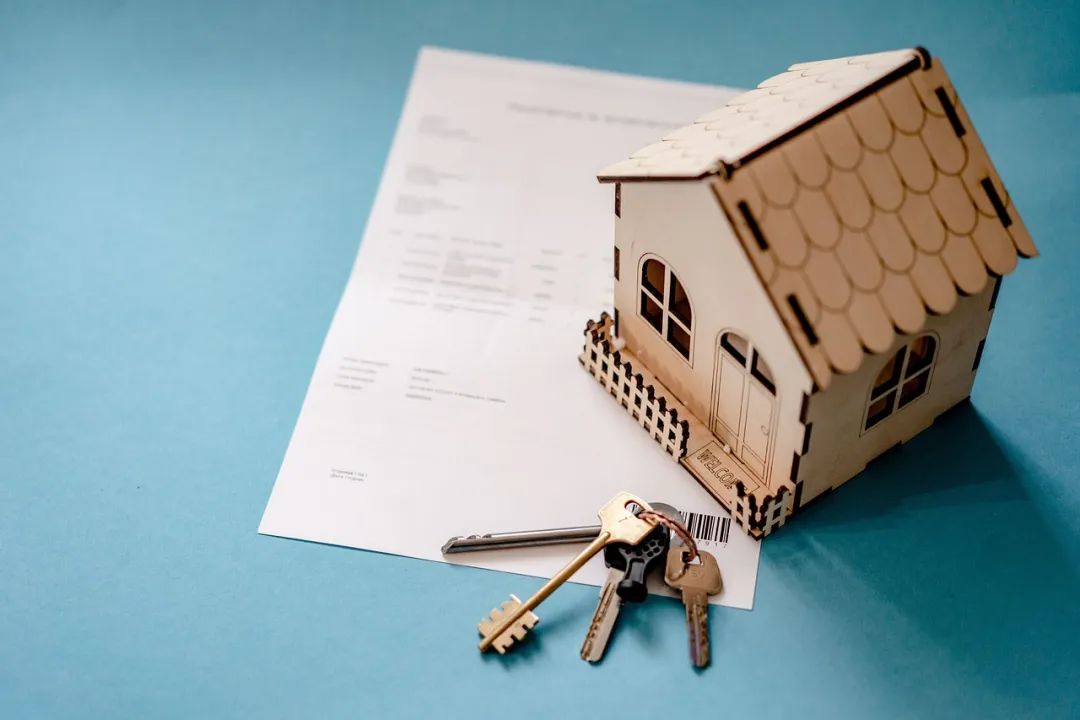Iris Qi

Often, a pre-sold house won’t be completed for another two or three year. The term “rotten building” refers to real estate projects that complete land acquisition and begin construction but end up incomplete due to the problems with the developer’s cash flow or debt disputes.
A possible solution to the problem of “loss of both property and wealth”?
So, what happens if the developer runs into financial difficulties up to, and including bankruptcy? In the worst case scenario, the purchaser loses the house and at the same time must continue to repay the mortgage they took out to pay for it.
Everyone will tell you: you must continue to repay. The loan is a contract between you and the bank. The “rotten building”, while a breach of the sales contract between you and the developer does not affect your repayment obligations to the bank, unless otherwise agreed. Moreover, the bank will likely sue you for the debt, your other properties may be enforced by the people’s court, and you may be published on a list of trust-breakers.
However, based on the following case, the “pay back what you owe” principle in case of developer bankruptcy might be in question.
Jiaxing Intermediate Court: Borrower is not liable for repayment of the remaining loan ((2021) Zhe 04 Min Zhong No. 1597)
In 2014, Mr. X took out a bank mortgage of RMB 3.92 million to buy a pre-sale house. A sales contract and a loan contract were signed. In 2018, the developer went bankrupt and construction was not completed. In 2019, the bankruptcy administrator informed Mr. X that the sales contract was terminated. Mr. X had confirmed the termination and declared his credit to the administrator. Mr. X did not repay the loan and the bank sued him.
The court of first instance ruled that the loan contract between the bank and Mr. X was terminated, but that Mr. X should return the remaining principal with interest. Mr. X appealed.
The court of second instance ruled that Mr. X was not liable for returning the remaining loan or paying interest.
Why the different results?
There loan contract included a clause stating that “any dispute … between the borrower and the developer or any third party is not related with the bank and the bank is entitled to require the borrower to continue with the contract or require early repayment”.
However, Article 21 Clause (2) of the Interpretation of the Supreme People’s Court Regarding Disputes on Contracts for the Sale of Commodity House (Fa Shi [2020] No. 17, “Interpretation”) stipulates that, where a commodity house sales contract is invalid or is revoked or terminated and the mortgage loan contract for the commodity house is also dissolved, the seller of the house (i.e. developer) shall return the loan principal it received and the sale price, together with interest, to the guarantor and the buyer respectively.
Mr. X’s main defense was the above Interpretation.
The court of second instance held that the specific clause in the loan contract was a “standard clause”, which contradicted the Interpretation and unreasonably increased the borrower’s liability. Hence, that clause was invalid and should not bind the borrower.
No general conclusion can be made, but…
We have seen from recent Supreme Court retrials that its attitude towards such loan disputes is changing. For a long time, it tent towards supporting banks claims against borrowers for repayment. But, in 2020 ((2019) Supreme Court Min Zai No. 245), the Supreme Court held that it was unreasonably burdensome and unfair to require the borrower to repay, considering that he was not at fault for the termination of the contract.
Essentially, these cases hang on particular facts, including the relationship between the sales and loan contracts, litigation between the various parties, and more, can all be determining factors requiring careful analysis.
The real estate market in Shanghai continues being hot but people must be alerted to developers’ accidents. Our real estate and banking lawyers have extensive experience with cases involving both Chinese and foreign nationals. Let us know if you need our help.


